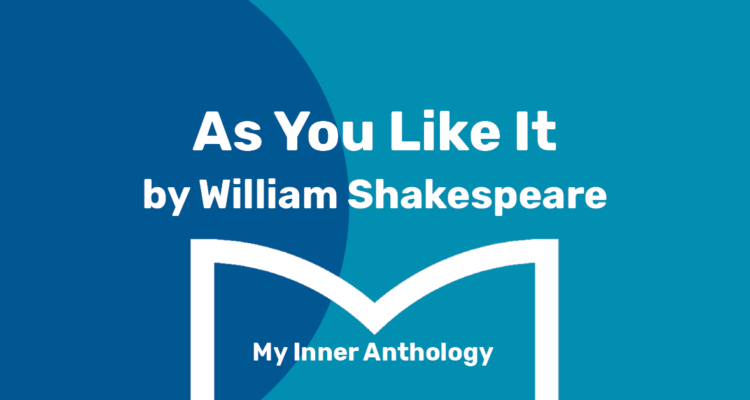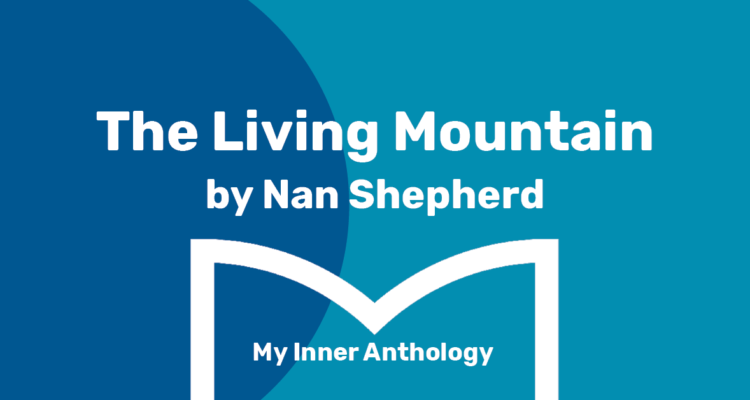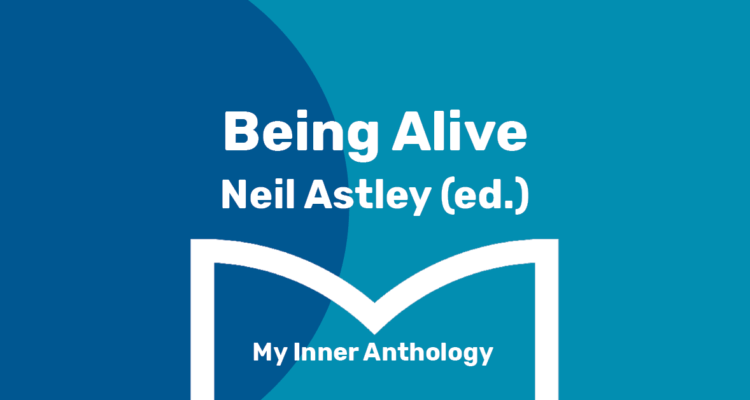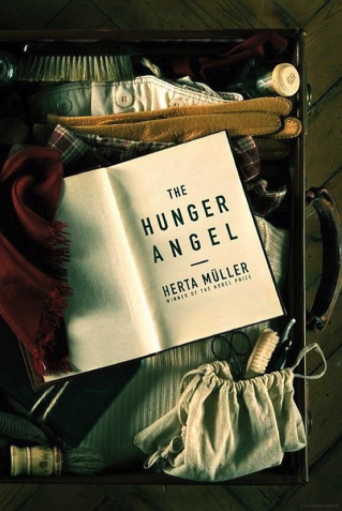My Inner Anthology: The Hunger Angel by Herta Muller
Dr. Clare Ellis, Head of Learning and Quality at The Reader, shares today's recommendation The Hunger Angel by Herta Muller (translated by Philip Boeham 2012). The theme for our daily readings in December is 'Winter Warmth' download the calendar here.
I’m always telling myself I don’t have many feelings. Even when something does affect me I’m only moderately moved. I almost never cry. It’s not that I’m stronger than the ones with teary eyes. I’m weaker. They have courage. When all you are is skin and bones, feelings are a brave thing. When I do allow myself a feeling, I take the part that hurts and bandage it up with a story that doesn’t cry, that doesn’t dwell on homesickness.
I feel very lucky to have read this book. A colleague of mind shared its first chapter with me back in 2019 and after reading those first few pages, I was hooked and duly ordered myself a copy and have since gone on to recommend it to others. I think it has something to do with the depth of truth and insight it sheds in relation to the human self.
The story is centred on a young man called Leo Auberg, who at just 17 years of age is deported to a Soviet forced labour concentration camp in the Ukraine. He spends 5 years of his life there and the experience changes him forever. By 1945 world war two had ended, and yet for Leo, as a Romanian German in a territory now occupied by the Soviet Union, the war continues well after this date. Leo is persecuted under the Stalinist regime as a Romanian German, but what is also very true and moving about the novel is that we see Leo struggling on many battlefronts, personal as well as political. As a young man trying to make sense of who he is as a homosexual man, Leo feels that his home is never really his home, and in a complex layering of feeling, deportation is felt partly as imprisonment, but also partly as a kind of liberation from the restrictions of family.
His experiences in the camp are often unbelievably painful, but there are also insightful glimpses of how humans manage to survive such atrocities and what possibility there remains for kindness towards each other. In many ways it is a story of survival, and Leo may have helpful advice to share with any of us who may find themselves trapped in life. Leo is gifted with a wonderful imagination, and imagination is a key tool for him surviving. As is language and how he chooses to tell his own story to himself at different times, where the idea of truth actually becomes richly multifaceted rather than one dimensional. If you are interested in how we survive and adapt in difficult times, this is the read for you.
Share
Related Articles

My Inner Anthology: As You Like It by William Shakespeare
Reader Leader, Lizzie, recommends As You Like It by William Shakespeare. In May the theme for our Daily Readings is inspired by The…

My Inner Anthology: The Living Mountain by Nan Shepherd
Teaching and Learning Coordinator, Lisa Spurgin, recommends The Living Mountain by Nan Shepherd. In May the theme for our Daily Readings is…

My Inner Anthology: Being Alive – Neil Astley (ed.)
Reader Leader Lizzie, recommends and reads from 'Being Alive' - Neil Astley (ed.). In May the theme for our Daily…



